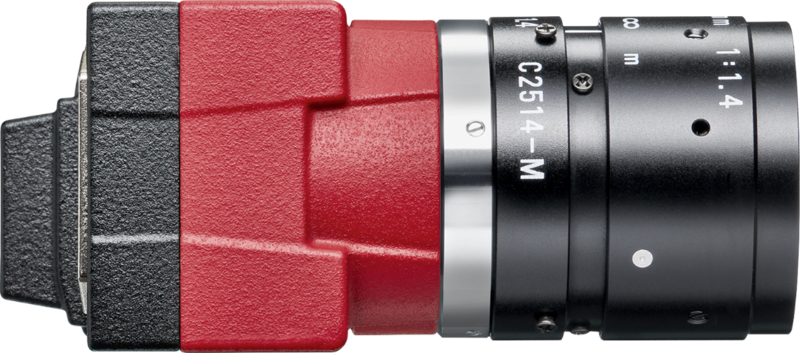Advanced Driver Assistance System
Development, test and verification of Lane Keeping Assistants is one of the most complex challenges when developing Advanced Driver Assistant Systems. DEWETRON, a manufacturer of highly intuitive, end-to-end test & measurement systems, has developed a test system for an automotive manufacturing company to gain valuable data for the development and programming of Lane Keeping Assistants. Alvium 1800 U-240c cameras are providing the necessary images.
The challenge
Time synchronous data acquisition
The most important challenge is the time synchronous acquisition of all data streams and signals no matter if it is an analog signal, a video image or digital signals from IMUs, steering robots or else.
Many different parameters such as the absolute VUT (vehicle under test) position (via inertial measurement units (IMUs)), the vehicle bus data and the distance of the VUT to the lane delimitations and adjacent vehicles need to be determined highly accurately and updated online. Moreover, time synchronous video data acquisition from several views for checking the data for plausibility is inevitable for post processing.
The solution
Precise triggering
For ensuring time synchronous video signals, the Alvium 1800 U-240c was selected. The benefit of this camera type is the possibility to trigger the acquisition of each frame with a LVTTL signal. The LVTTL signal is generated by the DEWETRON data acquisition system. This ensures the correct alignment of the video pictures along the time axis of the other data streams.
The cameras were used for LKA tests with three vehicles involved. Each vehicle was equipped with one DEWETRON data acquisition system. The 3 systems were connected via WiFi to one mobile and distributed data acquisition system. In addition, 4 cameras were mounted on the outside of each car to capture the distance from each tire to the boundary lines of the test track and the distance from the vehicles to each other.
The benefits
High bandwidth for synchronous data streams
Video images are captured on the 4 tire positions of 3 cars time synchronous to the other data streams in HD resolution and at frame rates of more than 50 fps to ensure and check the plausibility of the video data in post processing. The USB interface of the cameras is another benefit as the connection and power supply is easily ensured. The connection and setup of the cameras to the data acquisition system is quick and easy as they are connected and powered by USB 3.0 and automatically detected soon after installing the Vimba Viewer.
In addition, other data sources are providing data over ethernet as well. In the past, GigE-based camera were used which occupied additional ethernet bandwidth. By using USB 3.0 based cameras, more ethernet bandwidth for other data sources is provided.
The camera: Alvium 1800 U-240
Industrial USB cameras with attractive price-performance ratio
Alvium 1800 U-240 with Sony IMX392 runs 126.0 frames per second at 2.4 MP resolution. It offers industrial-grade shock-resistant Micro-B USB 3.1 Gen 1 connector with screw locks for the design of reliable applications. The Alvium 1800 U-240 is available with different housing variants (closed housing, open housing, bare board) as well as different lens mount options. The USB interface can be located either on the camera back side or left side (as seen from the sensor). That makes it very easy to integrate the camera in any image capture solution.
Highlights at a glance
- Time synchronous data acquisition
- Plausibility of the video data ensured
- Connection and setup of the cameras to the data acquisition system is quick and easy
- More bandwidth for other data sources provided
